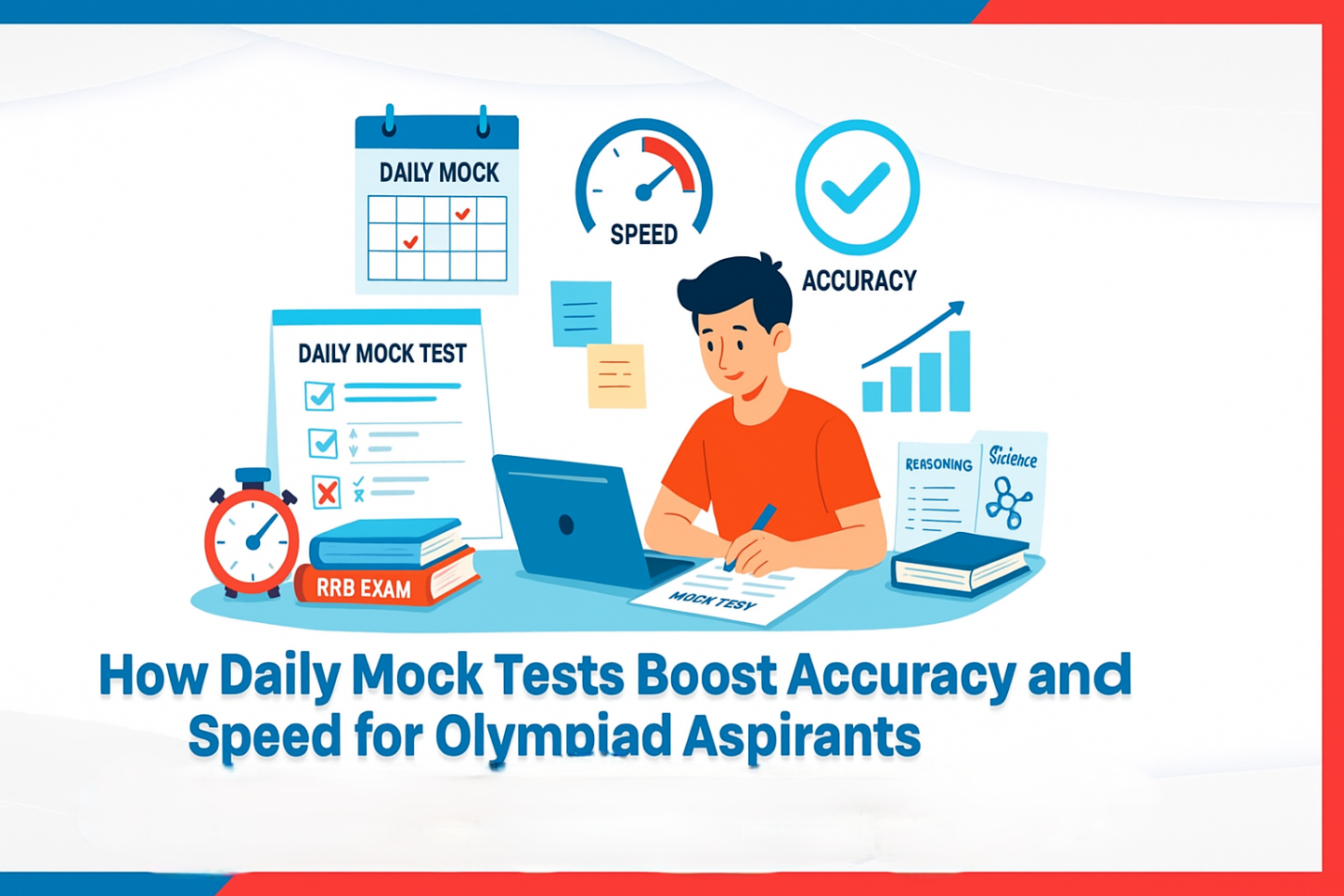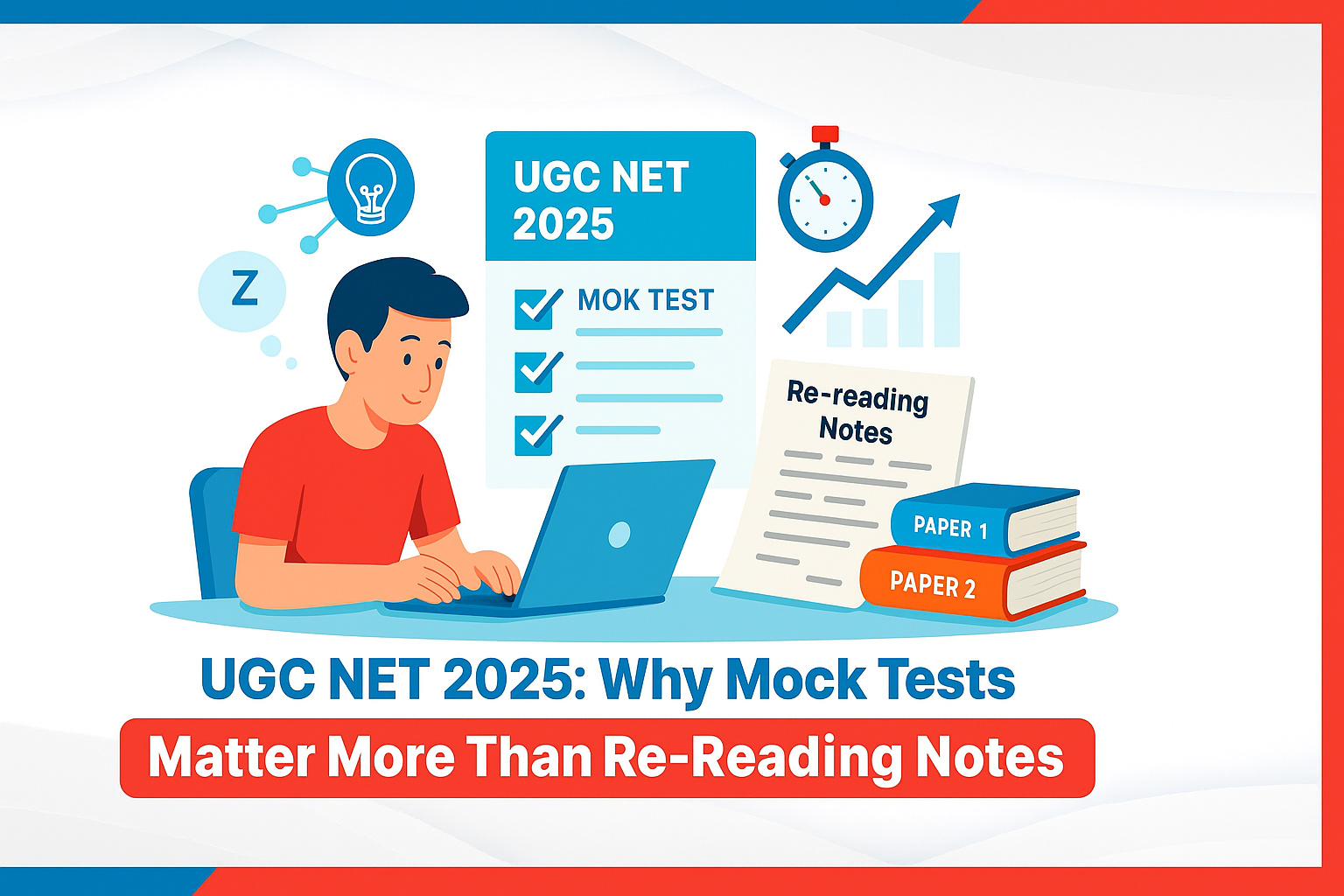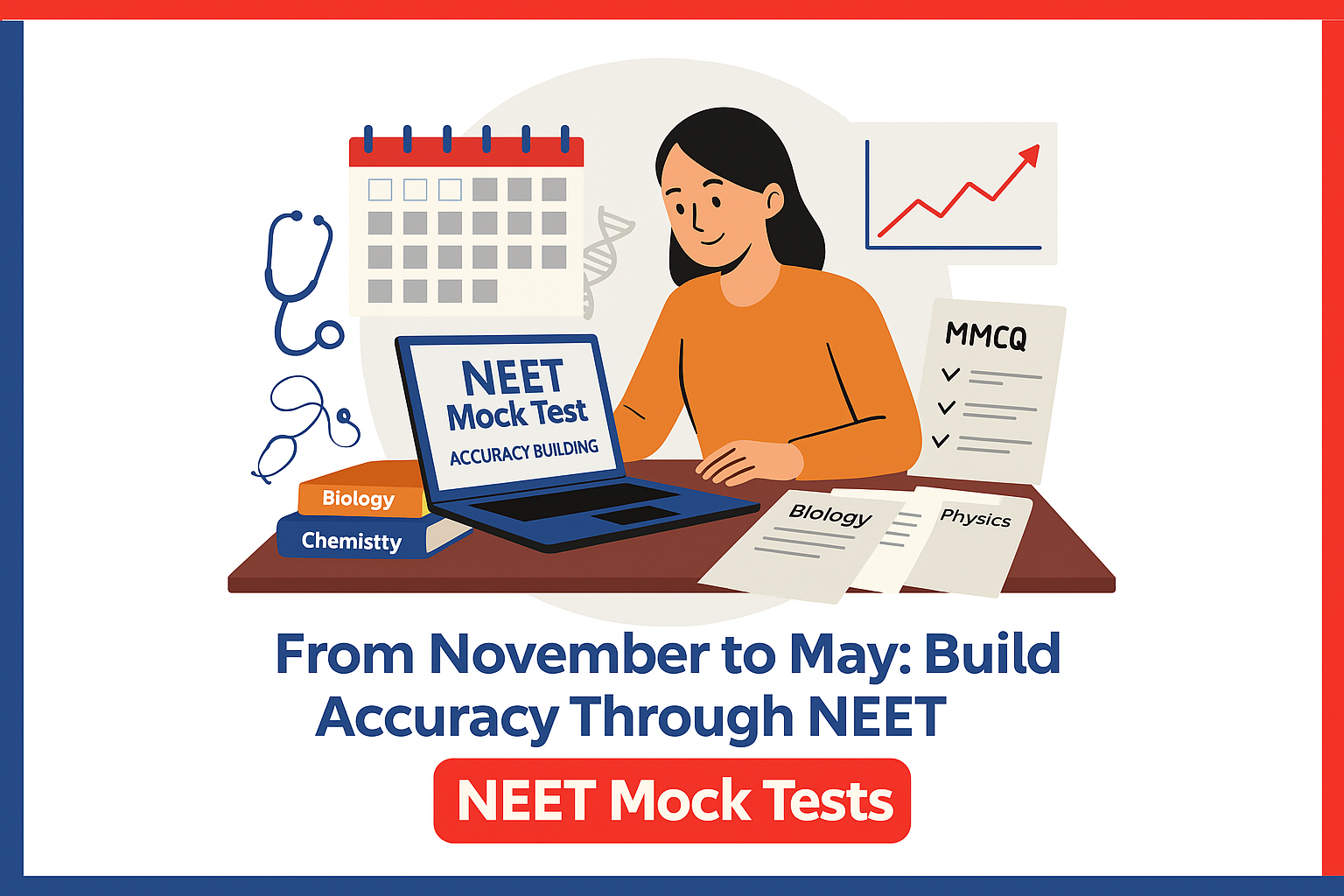
Studying to crack NTSE is not only a matter of learning the NTSE syllabus but also learning to solve questions under time pressure. An understated and effective technique is the solving of Previous Year Questions (PYQs). How can PYQs help NTSE aspirants to increase speed and accuracy to a great extent? Let us examine.
Must Read: How to Track Your NTSE Preparation Every Week?
What is the use of PYQs in NTSE?
Previous Year Questions (PYQs) provide you with a profound understanding of the pattern, type, and difficulty level of questions that have been asked in the past. The more you practice them, the more you get acquainted with anticipated formats and logical pitfalls.
Major advantage: You are accustomed to the real NTSE examination pattern, which reduces the possibility of surprise when you take the real exam.
Does PYQs speed actually increase with practice?
Yes, absolutely. Training your brain with PYQs on a regular basis helps it to identify patterns and find answers more quickly. Because of the common concepts or tricks in many of the NTSE questions, you save time per question.
|
Before Solving PYQs |
After Regular PYQ Practice |
|
Takes more time to understand the question |
Recognizes question patterns quickly |
|
Needs extra time for calculation |
Uses shortcuts & quicker logic |
|
Unfamiliar with format |
Familiar and confident with layout |
How do PYQs improve accuracy?
By practicing PYQs, you start noticing the common mistakes made in tricky questions. You also develop a better understanding of elimination techniques, which helps in avoiding silly errors.
Example: In MAT (Mental Ability Test) sections, practicing similar PYQs trains your mind to avoid choosing tempting but incorrect options.
Are PYQs enough, or should I also solve mock tests?
While PYQs are crucial, combining them with the NTSE test series and NTSE mock test sessions can boost your preparation even further. Mock tests simulate the actual exam environment, helping you manage stress, timing, and focus.
Solving NTSE mock test papers after PYQs can show you how well you're applying what you learned.
How can I track my progress with PYQs?
You can follow this simple plan:
|
Week |
Task |
Focus Area |
|
1–2 |
Solve PYQs of last 3 years |
Familiarity with question types |
|
3–4 |
Time-based solving of PYQs |
Speed building |
|
5–6 |
Mix PYQs with NTSE test series |
Accuracy & performance consistency |
|
7+ |
Attempt NTSE free online mock test weekly |
Final preparation & time management |
Should I follow the NTSE syllabus while solving PYQs?
Definitely. Without aligning the PYQs with the NTSE syllabus, solving them may not be productive. Compare every question with the syllabus so that you are not wasting your time on the irrelevant topics.
Where are NTSE mock tests and PYQs?
The NTSE test series, NTSE mock test, and NTSE free online mock test can be easily found on most of the educational websites. However, ensure that you select those that are in line with the new syllabus of NTSE to get the best results.
Are You a Teacher? For Latest Updated FREE NTSE Specimen Sample Books for Teachers- Click Here
Final Thought
PYQs are not the old papers; they are a road map to success. They, coupled with mock tests and regular revision, enhance your speed and accuracy and get you nearer to passing NTSE with confidence.













